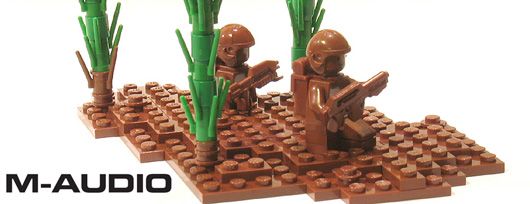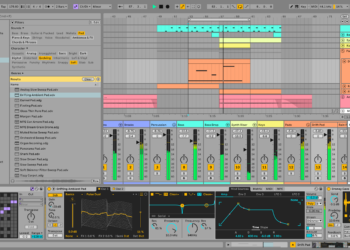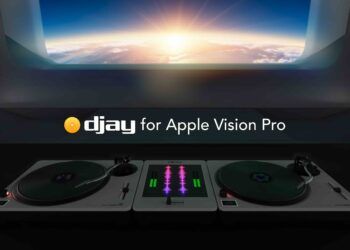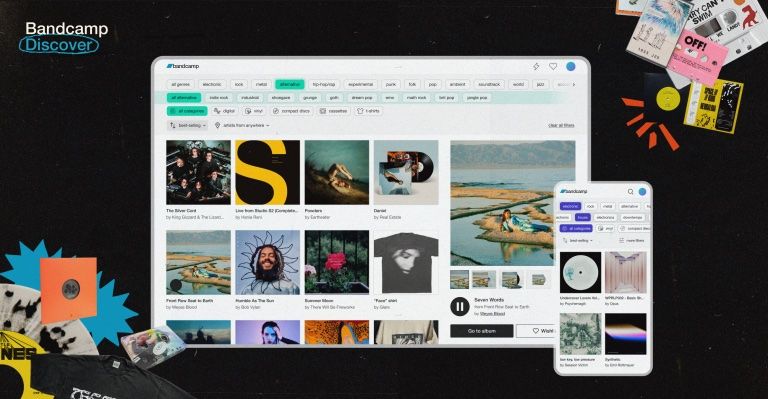An interesting story first popped up on Remixmag.com last week about N2It’s latest legal crusade. N2It, the Amsterdam company led by John Aquaviva, famously created and patented the original digital vinyl concept used on the first Final Scratch system. After taking on and successfully getting getting some cash out of Native Instruments, they have turned their focus to M-Audio’s Torq which also appears to infringe on their patent. All the DVS manufactures are probably in line to get a call from N2IT’s lawyers sooner or later including the biggest prize of all, Serato. Its likely that N2IT sued NI first because they were the obvious first target. Given their relationship with the original Final scratch it was an easier case to make that NI was liable for claims. Next up are the smaller DVS players like Torq, MixVibes and others while N2IT builds up enough legal precedent to go after Serato, the big fish with the most to lose in such a scenario. They will also be the first to likely fight, and possibly overturn, the patent in court. Why do you care? Cases like this can really effect your bottom line and make it much harder for companies to make easy solutions.
Added Complexity
Some users have expressed frustration over the way Native Instruments dj software is not always fully compatible with their sound cards. For example, owning the Audio 8 and Traktor Pro does not mean that you can use them together as a Vinyl control system. You must purchase an upgrade to Traktor (Scratch) Pro in order to unlock that scratch feature. This is annoying for the customer and complicated for the company in a lose-lose situation. So why do they do it? Well, this on-going legal battle may have something to do with it. Adding time code support in all NI dj software (including Traktor Pro) would likely mean that NI would need to pay additional licensing fees to N2IT for every copy of software raising the prices for everyone even if you don’t want to use Vinyl Control. Instead, they are probably forced to separate vinyl control, limiting the damage in patent royalties.
The Bottom Line
Patents are a good thing, they protect companies that have invested large amounts of money into their research and need to recoup those costs in the market. Without recovering the investment they cant continue to create more new ideas and creative investment is stymied. However, as ScratchWorx pointed out in their article on this subject- N2IT is not an company actively trying to sell a product or recover their investment in the market. Its also a little unclear if they were really the first to come up with this concept. Receiving a license fee from large companies like M-Audio (avid) that are making good cash off your invention makes absolute sense, as long as you don’t end up eating the hand that feeds you.









